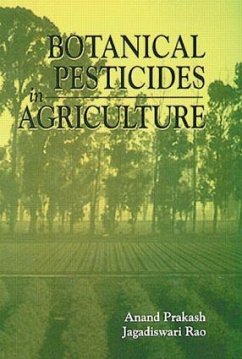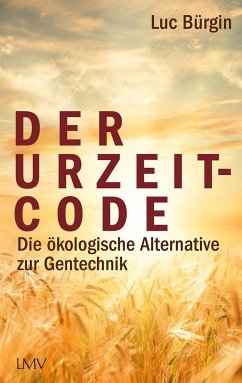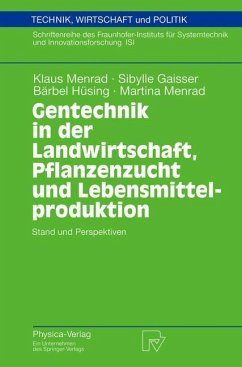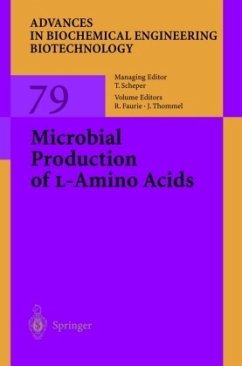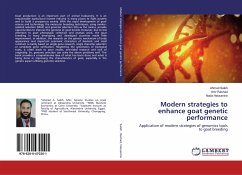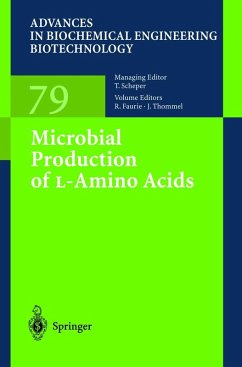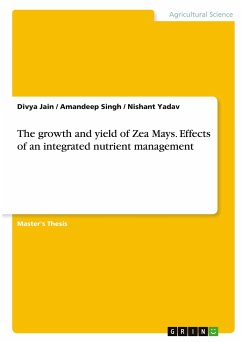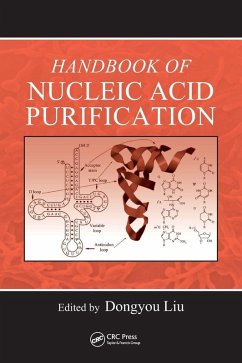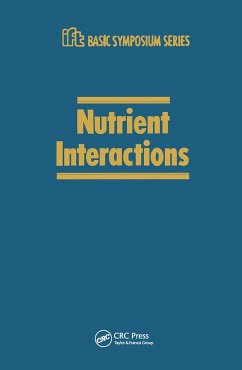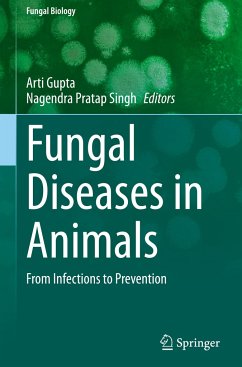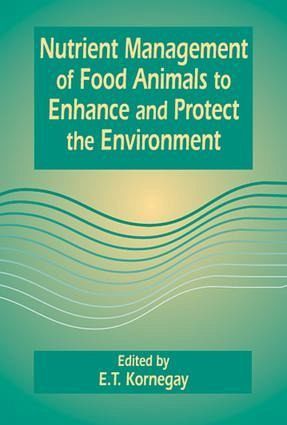
Nutrient Management of Food Animals to Enhance and Protect the Environment
Versandkostenfrei!
Versandfertig in 1-2 Wochen
279,99 €
inkl. MwSt.
Weitere Ausgaben:

PAYBACK Punkte
140 °P sammeln!
Nutrient management is an important aspect of feeding livestock and poultry. Today, there is more attention directed toward this issue in animal production than ever before. The heightened awareness of the environmental impacts associated with animal production has caused animal nutritionists to refocus their thoughts, practices, and expectations regarding how nutrients are supplied to animals. In addition, the increase in the size and intensity of modern production units demands new technologies for enhancing nutrient utilization and for reducing the amount of nutrients excreted. Covering the...
Nutrient management is an important aspect of feeding livestock and poultry. Today, there is more attention directed toward this issue in animal production than ever before. The heightened awareness of the environmental impacts associated with animal production has caused animal nutritionists to refocus their thoughts, practices, and expectations regarding how nutrients are supplied to animals. In addition, the increase in the size and intensity of modern production units demands new technologies for enhancing nutrient utilization and for reducing the amount of nutrients excreted. Covering these issues and more, Nutrient Management of Food Animals to Enhance and Protect the Environment is a reference tool for agricultural industry leaders, private practitioners, government agencies, and researchers.




